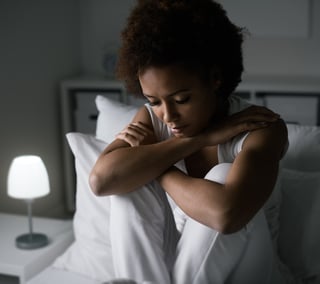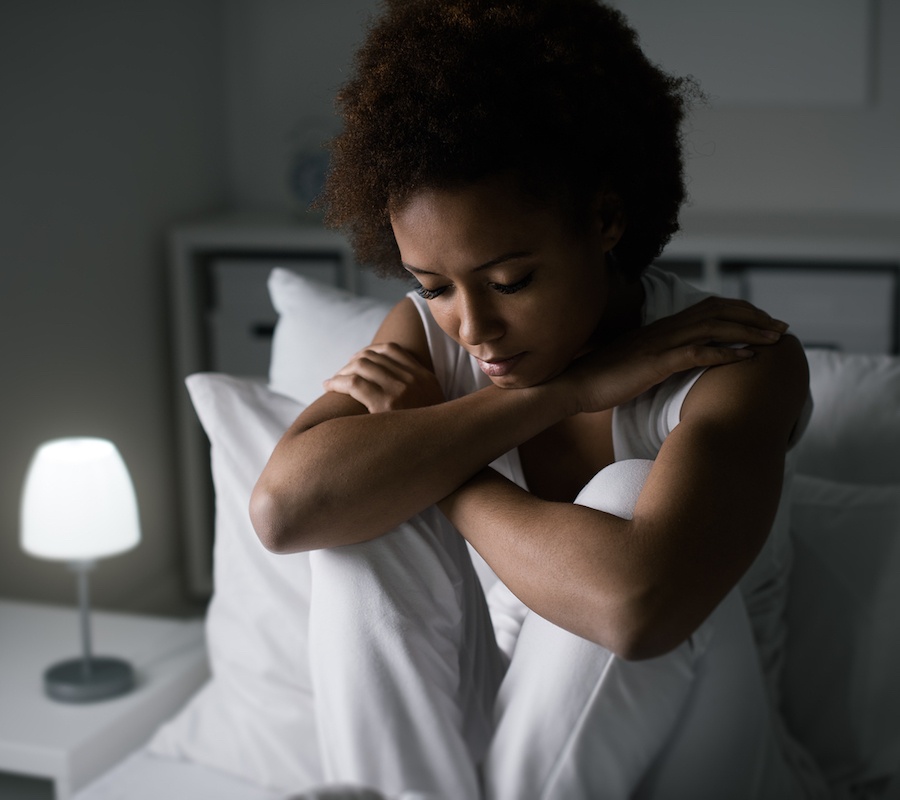
Sometimes it seems like the minute you slide into bed, your brain goes into overdrive. All the anxieties of today, yesterday, and the unforeseeable future come crashing down and you just can't sleep. Anxiety and stress are the most common sleep disruptions. And the relationship goes both ways: having anxiety can cause sleep problems, and sleep problems can cause anxiety.
If anxiety is interrupting your rest, try these three proactive tips to tackle stress before your head hits the pillow:
Related Blog: 9 Side Effects Of Sleep Deprivation
1. Create a Relaxing Routine
A pre-sleep ritual tells your body to start getting ready for bed. And your body does need time to prepare. Before sleeping, your body produces more melatonin, commonly known as the sleep hormone, and less cortisol. Cortisol is the hormone your brain produces in response to stress. It activates a "fight or flight" response even if the "threat" is only stress and anxiety.
Be mindful of your thoughts and actions before bed. Dimming the lights, setting aside any technology, reading a book, or listening to relaxing music are all activities that encourage sleep.
2. Prepare the Bedroom
The conditions of a room have a surprisingly strong impact on sleep quality and the ability to fall asleep. Ensure your sleeping space is clean and clutter-free. Your room should be dark, quiet, and set at a relatively cool temperature. For most people, 65 to 75 degrees is the optimal range for a good night's sleep.
If you can, it's best to dedicate your bedroom to sleep. That way, just being in that room sends your brain a signal indicating it's time for bed. If you can't save your room for sleeping, try to only use your bed for sleeping. Working in bed can keep your brain busy by association, even if the other conditions are perfect.
3. Practice Mindfulness
Meditation, deep breathing, and guided imagery practices can all calm your mind and lessen anxiety. The practice of being conscious of and guiding your thoughts is an invaluable skill not only for calming your mind before bed but to deal with everyday stressors.
If meditation is too abstract for you, try a concrete action like yoga or aromatherapy. Aromatherapy encourages slower breathing. Many essential oils that help relieve anxiety also improve sleep, including lavender, chamomile, and rose.
Take on anxiety and defend your sleep.





